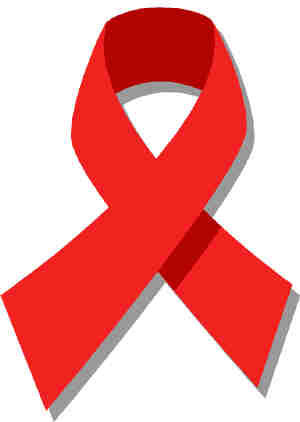
A REPORT to be released next month by the Zimbabwe National Network of People living with HIV and Aids (ZNNP+) has revealed that stigmatisation of people infected with virus is still prevalent in the country, at above 65% levels.
By Tatenda Chitagu Speaking at a Zimbabwe HIV, TB & human rights training and advocacy meeting for community health volunteers in Masvingo yesterday, ZNNP+ communications and advocacy officer, Edmore Mutimodyo, said discrimination was prevalent at workplaces, in families and other social spaces.
“HIV-related stigma and discrimination has reached above 65% levels as experienced by people living with HIV late last year,” Mutimodyo said.
“The forms of stigma range from exclusion from social gatherings, discrimination by partners, exclusion from family activities, dismissal or suspension from work or educational institutions, exclusion from religious activities or places of worship, and sexual rejection to discrimination from within [from other PLHIV]”, he said.
SafAIDS country training, advocacy and programmes co-ordinator Adolf Mavheneke said stigmatisation also affected other key populations like gays and lesbians.
“Social prejudice, intolerance and lack of understanding of gender diversity was at the centre of HIV and TB related stigma and discrimination and consequent denial of health services among key populations like lesbians, gays, bisexual, transgender and intersexed (LGBTI) and sex workers,” Mavheneke said.
ZNNP+ also did a rapid assessment survey with SafAIDS, which revealed that discrimination hindered people living with HIV and sex workers from accessing HIV and TB prevention, treatment and care support services.
Mavheneke added: “Sex workers (73,7%) and LGBTI (87,5%) people experienced the worst of all forms of stigma and discrimination, which included police harassment and violence by their clients.
- Chamisa under fire over US$120K donation
- Mavhunga puts DeMbare into Chibuku quarterfinals
- Pension funds bet on Cabora Bassa oilfields
- Councils defy govt fire tender directive
Keep Reading
“Criminalisation of LGBTI and sex work created spaces for increased stigma and discrimination of LGBTI and sex workers especially within health centres where they are exposed to harassment and name calling.”
He said viability challenges curtailed efforts to end the stigma among private players. As a result, a few areas and limited number of people were reached by programme interventions.
Some of the challenges were attributed to the legal and policy environment which outlaws work done by organisations like the Gays and Lesbians of Zimbabwe (GALZ) and the Sexual Rights Centre, which targets, key populations like LGBTI and sex workers.











